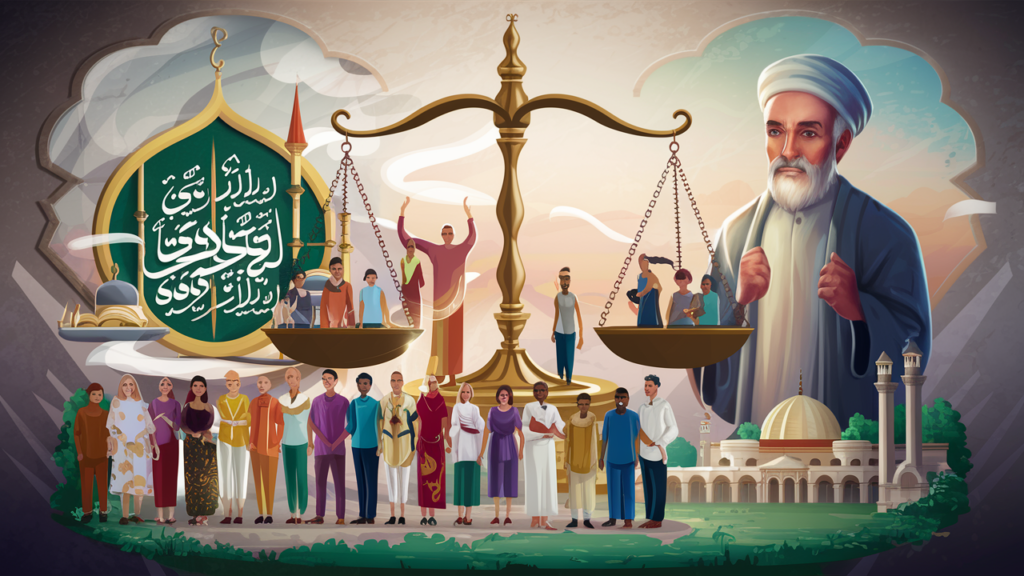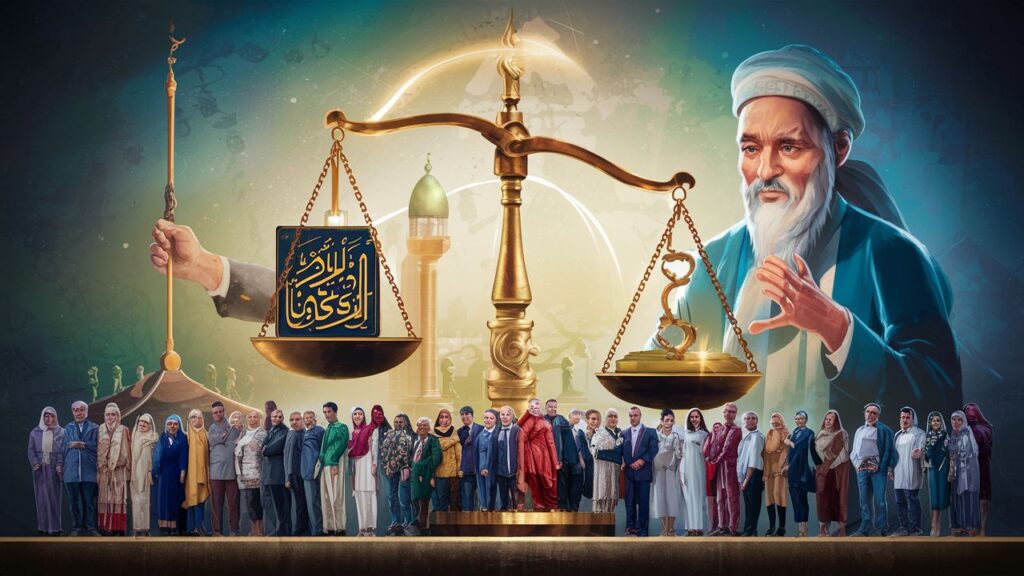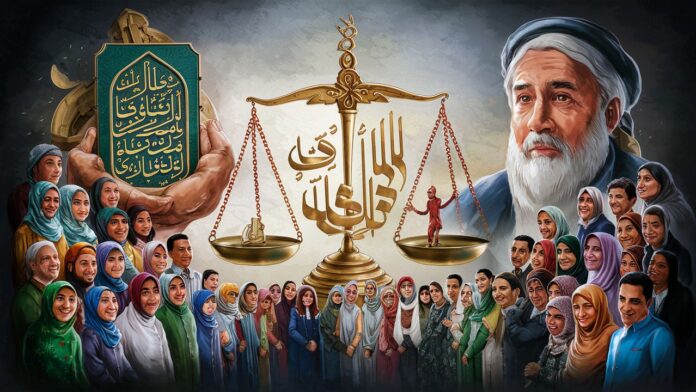The Qur’an, as the sacred scripture of Islam, offers profound insights into the concept of the state, outlining key principles that shape an Islamic understanding of governance. In this article, we delve into these principles, which emphasize justice, accountability, welfare, and peace, and explore how they contribute to fostering harmony within society.
Justice: The Cornerstone of Governance

Central to the Islamic concept of the state is the principle of justice. The Qur’an unequivocally emphasizes the importance of justice, urging leaders to ensure fairness and equity for all citizens, regardless of their social status or religious affiliation. In Islamic governance, justice serves as the cornerstone upon which the entire system is built, ensuring that the rights of individuals are upheld and that oppression is firmly opposed.
Accountability: Transparency and Integrity
In Islam, leaders are viewed as trustees who are accountable to both God and the people. The Qur’an underscores the importance of transparency, integrity, and humility in governance, reminding leaders of their responsibilities towards those they govern. Leaders are expected to govern with honesty and integrity, keeping the welfare of the people at the forefront of their decision-making processes.
Welfare: Promoting the Well-being of Citizens

The primary purpose of the state, according to Islamic teachings, is to promote the well-being of its citizens. This includes ensuring economic justice, providing access to healthcare and education, and addressing the basic needs of society. The Qur’an emphasizes the importance of compassion and social welfare, urging believers to care for the less fortunate and to strive for a society where no one is left behind.
Peace: Fostering Harmony and Coexistence
Islam places great emphasis on the value of peace and peaceful coexistence. A just state, as outlined in the Qur’an, is one that fosters peace within its borders and promotes harmony among its diverse communities. Islamic governance encourages dialogue, cooperation, and mutual respect among individuals of different backgrounds, promoting a society where everyone can live in peace and dignity.
Conclusion: Striving for a Just and Compassionate State
In conclusion, the Islamic concept of the state is grounded in principles of justice, accountability, welfare, and peace. As Muslims, we strive to uphold these principles in our pursuit of a society that is just, compassionate, and harmonious. By adhering to the teachings of the Qur’an and the example of the Prophet Muhammad (peace be upon him), we can work towards building states that reflect the values of Islam and benefit all members of society.
In essence, the Islamic concept of the state serves as a guide for governance that prioritizes the well-being of its citizens, fosters harmony and coexistence, and upholds the principles of justice and accountability. By embracing these principles, we can create societies that are founded on compassion, fairness, and peace, ultimately contributing to the betterment of humanity as a whole.


